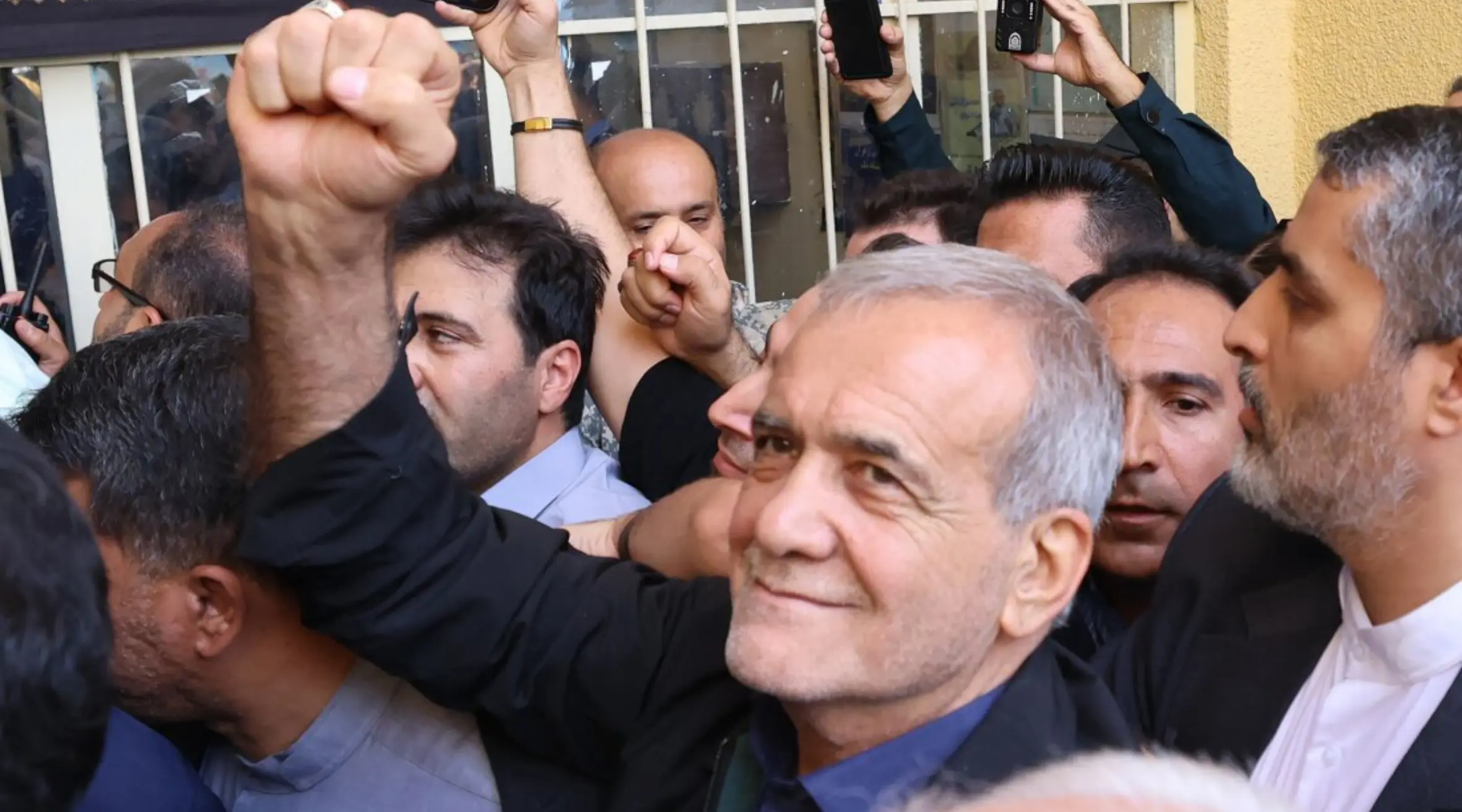Iran (Transatlantic Today) – Masoud Pezeshkian has been elected President of Iran, beating his hardline conservative rival Saeed Jalili amid heightened tensions domestically and internationally. Pezeshkian, a 69-year-old former health minister, will lead the Islamic Republic for the next four years.
Electoral Results and Turnout
Out of 30.5 million votes counted in Friday’s runoff, Pezeshkian won 53.6%, edging out ultraconservative Saeed Jalili, who had 44.3% of the votes, according to state-run Press TV. Voter turnout was 49.8%, Press TV reported.
A Reformist Amidst Conservatives
According to CNBC, although Pezeshkian was seen as a “token reformer” and “second-tier candidate”,” he prevailed over several strictly conservative candidates. Pezeshkian was Minister of Health from 1997 to 2005 under former reformist President Mohammad Khatami. Khatami and other reform-oriented politicians also supported Pezeshkian. He has been a member of parliament since 2008 and is currently deputy speaker of the Islamic Consultative Assembly.
Policy Goals and Challenges
Pezeshkian aims to relax social restrictions, such as Iran’s strict hijab law, and improve relations with Western countries, potentially restarting nuclear negotiations. However, he faces significant challenges, including a struggling economy, severe inflation, heavy Western sanctions, and escalating tensions with the U.S. over Iran’s nuclear program and the Israel-Hamas conflict.
Limited Power and Influence
While the president can influence foreign policy and serve as Iran’s public face, ultimate power resides with Supreme Leader Ayatollah Khamenei and unelected institutions like the Revolutionary Guards. Sina Toossi, a senior fellow at the Center for International Policy, noted that while Pezeshkian’s election might shift domestic and foreign policy priorities, fundamental changes are unlikely due to the entrenched power structures.
Iran’s Election Context
The election followed the unexpected death of former President Ebrahim Raisi in a helicopter crash in May. Iran’s elections are not deemed free or fair, with the ultra-conservative Guardian Council controlling candidate eligibility. Out of 80 registrants, only six candidates, who are all male and predominantly conservative, were approved to run.
International Implications
The new president’s tenure coincides with significant geopolitical stakes, particularly concerning the U.S. and Middle East stability. Any potential shifts in Iran’s policy will likely be gradual, constrained by the country’s existing political framework and strategic imperatives.


























